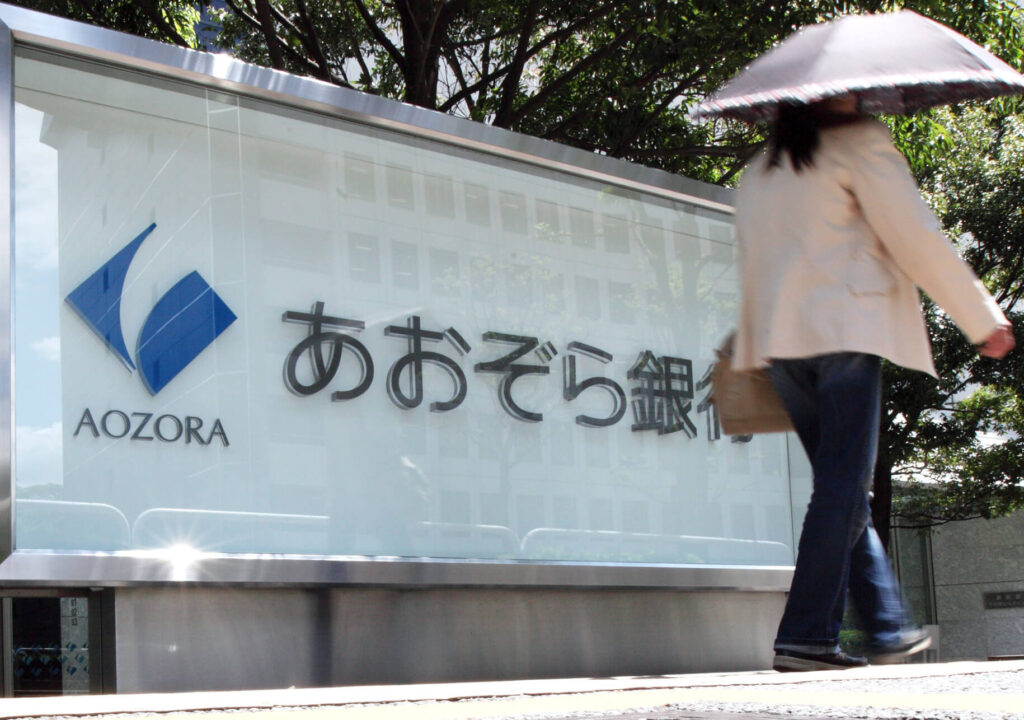Japanese lender Aozora Bank Ltd. stunned investors by revealing losses linked to US commercial property, triggering a steep decline in its shares and raising concerns about global banks’ exposure to troubled real estate investments. The bank announced an expected net loss of 28 billion yen ($191 million) for the fiscal year, a significant deviation from its previous forecast of a 24 billion yen profit. Consequently, shares plummeted by over 21% to 2,557 yen in Tokyo, hitting the daily limit.

Aozora’s situation mirrors that of New York Community Bancorp, which also recently announced dividend cuts and increased reserves due to its US commercial real estate exposure. As recently as November, Aozora’s President Kei Tanikawa had expressed confidence that the bank wouldn’t require substantial additional reserves for its US property loans.
“This comes as a shock,” remarked Tomoichiro Kubota, a senior market analyst at Matsui Securities Co. “There was an expectation that the worst was behind us and that the bank had set aside sufficient provisions.”
The US commercial real estate market has been grappling with challenges, including soaring borrowing costs and declining valuations. Office properties, in particular, have faced pressure since the onset of the pandemic, with remote work reducing tenant demand. According to real estate analytics firm Green Street, US office prices have plunged by 25% in the past 12 months through December.
Aozora is recognized for its substantial exposure to overseas property loans relative to its balance sheet. Approximately one-third of its 4 trillion yen loan book comprises overseas lending, with its US office loans amounting to $1.89 billion as of December.
However, Matsui’s Kubota suggested that other banks are less likely to be affected, as Aozora had taken on more risk than its competitors. He highlighted that Japan’s three largest banks have robust risk control measures in place.
Last month, a senior official at Japan’s Financial Services Agency announced plans to scrutinize banks’ exposure to property loans amid worsening conditions in US and European real estate markets. This followed a previous warning from the FSA in August regarding exposure to overseas commercial real estate.
Aozora bolstered its reserves by an additional 32.4 billion yen against bad loans related to US office real estate in the third quarter. The bank plans to provide further details on its earnings during a briefing for reporters on Thursday at 5 p.m. local time.
In response to market uncertainties, Aozora reviewed property valuations and increased reserves to prepare for potential workouts, including debt collection through asset sales. It anticipates that it may take another year or two for the market to stabilize. Additionally, the bank decided to expedite the sale of securities due to unrealized losses on its portfolio, primarily composed of foreign bonds, driven by the rise in US interest rates.









